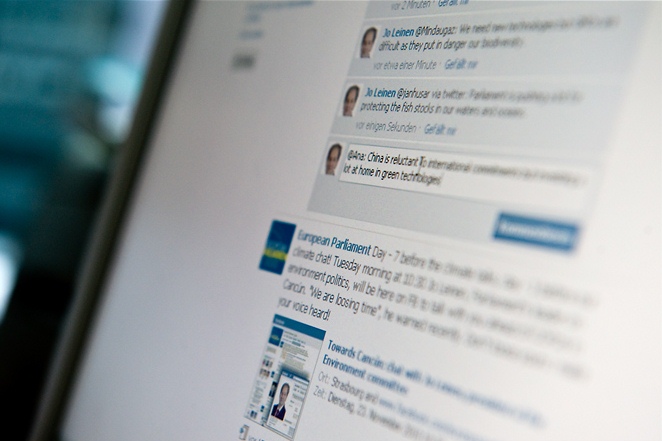Denmark’s media will remember 2014 for two events. The country’s very own hacking scandal and a documentary about a tabloid newspaper that showed just how difficult the change from the ‘paper’ journalism business model to the ‘online’ model is. It is a story that echoed across all Danish media. In 2015, the economic survival of many newspapers, as well as journalistic ethics, remain constant media challenges.
The hacking scandal erupted early last year, when a former reporter on the weekly tabloid magazine, Se & Hør, revealed that for many years the publication had paid a secret source, nick-named the ‘hush-hush-source’, who could ‘hack’ into the credit card transactions of Danish celebrities and politicians. Based on this information, the magazine published stories about where the celebrities were, for instance if they were on holiday, and preferably, who they were with.
The scandal caused a political and public outcry and became a subject of interest for the Cultural Affairs Committee in the Danish Folketing. The Committee recently ended part of its work on the scandal by concluding that, in general, the ethical standards of Danish news media are of a high quality. It also announced that the matter of journalistic ethics are best left to the news media themselves, and not politicians.
There is an ongoing police investigation into the case, but so far the biggest reaction has come from the audience. It has deserted the magazine in surprising numbers.
In the autumn, a documentary about Ekstra Bladet, formerly Denmark’s largest tabloid newspaper, dominated the media agenda. The film, The Newsroom: Off The Record, took an uncompromising look at the newspaper and its struggle to find a new business model.
With a rapidly dropping circulation (from 250,000 copies a day in its heyday to less than 50,000 copies a day now) as its backdrop, the documentary offered the first ever behind-the-scenes view of the business of journalism in Denmark. And business was not good. The film follows the editor-in-chief during an especially painful period during which the paper laid-off journalists, embarked on a new online strategy and was massively criticised by the Danish press council for unethical reporting.
Looking ahead to the media year 2015, questions of both journalistic ethics and the economic survival of many newspapers still lurk on the horizon. Right now, the politicians have eased off the news media, but it will just take one more media-scandal to push journalistic ethics back to the top of the political agenda, and this is where the struggle for the new business model comes in.
Everybody knows that this new business model is online, but online media start-ups currently have the fewest ethical guidelines, if any. In general, digital journalists, more than most others, point to increased workload and increased competition as a reason for crossing ethical boundaries.
Navigating Danish newsrooms through these troubled waters will be no easy task.
Pic credit: CPH Dox
Tags: Digital Media, Journalism, Media economics, Online journalism












































